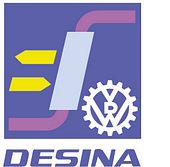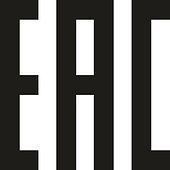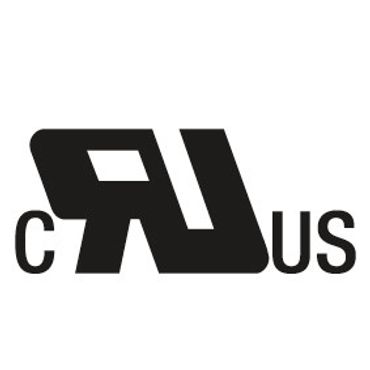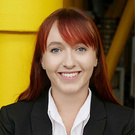

The CE marking makes it clear that the manufacturer of a product such as chainflex® cables complies with the applicable EU directives. The CE marking is not a seal of approval or quality mark and was created for trade in the European Economic Area.

The maritime economy is developing towards more automation and digitalisation: whether vessel manufacture, shipping companies or the gas and oil industry - ships are becoming autonomous factories, shipping companies are becoming fully-fledged logistics providers and refineries are becoming automated conveyor systems. DNV-GL is responsible for certifications in the maritime environment, offshore facilities, gas and oil pipelines, and onshore applications such as wind, tidal or solar energy. The classification society was formed in 2012 through the merger of the Norwegian company Det Norske Veritas (DNV) and Germanischer Lloyd (GL). The components used in maritime environments have to meet different requirements than those of classic factory automation on land. This requires a separate approval for the operation of these components. The certification society checks compliance with international standards and guidelines, which are applied accordingly to these components. If existing regulations or standards do not describe the application sufficiently, additional testing measures are defined or developed. If products have DNV approval, it simplifies and speeds up their use in the maritime sector, as it is not necessary to test individual components.
A cleanroom is an enclosure that is essential for sensitive products. This are necessary in industries such as semiconductor production or in medical technology. In these rooms the air is cleaned of the smallest particles. For this purpose there is a classification, which describes how many particles per m³ volume may be in the room.
A cleanroom certificate states how many particles are emitted by a product into the ambient air during normal operation. In this case, the fewer the particles, the higher is the quality of the product. For cables, igus® collaborates with the IPA Institute, where the components are tested for this release in standardised motion sequences in an e-chain® and there is a clear statement on the purity class.

Monday to Friday from 8am - 8pm.
24h